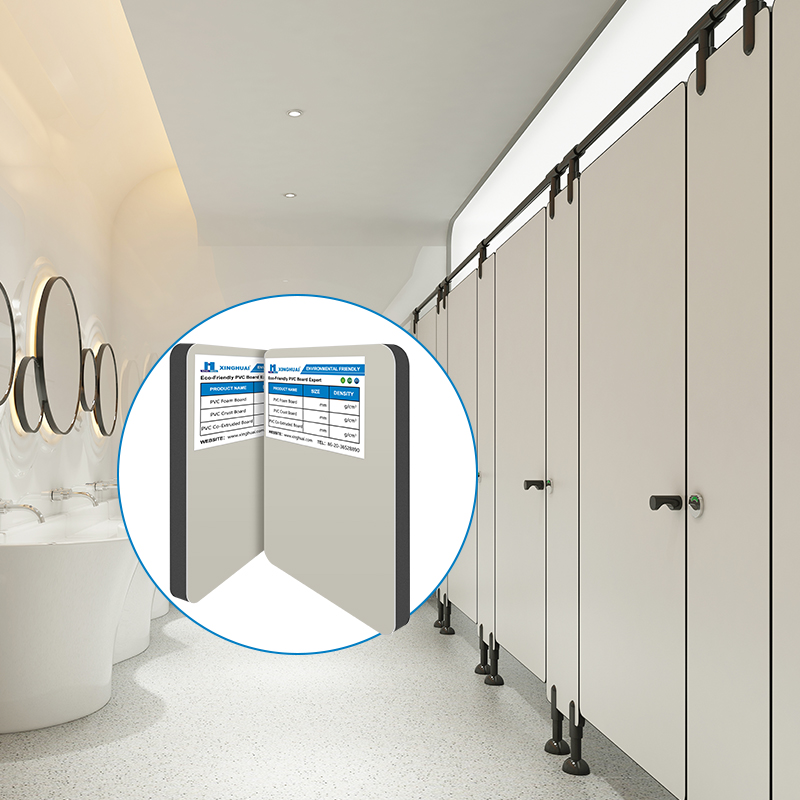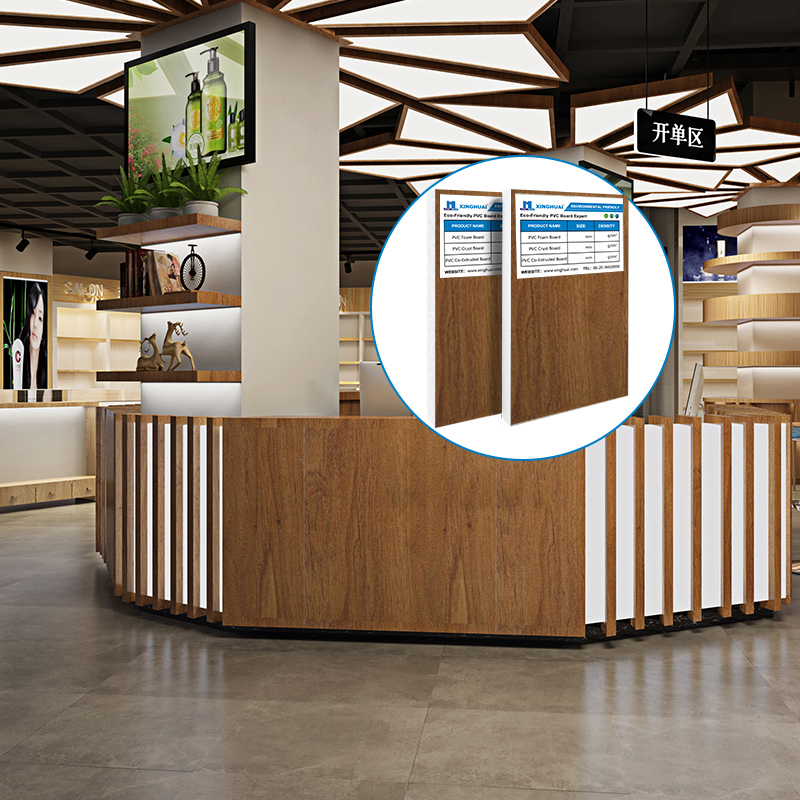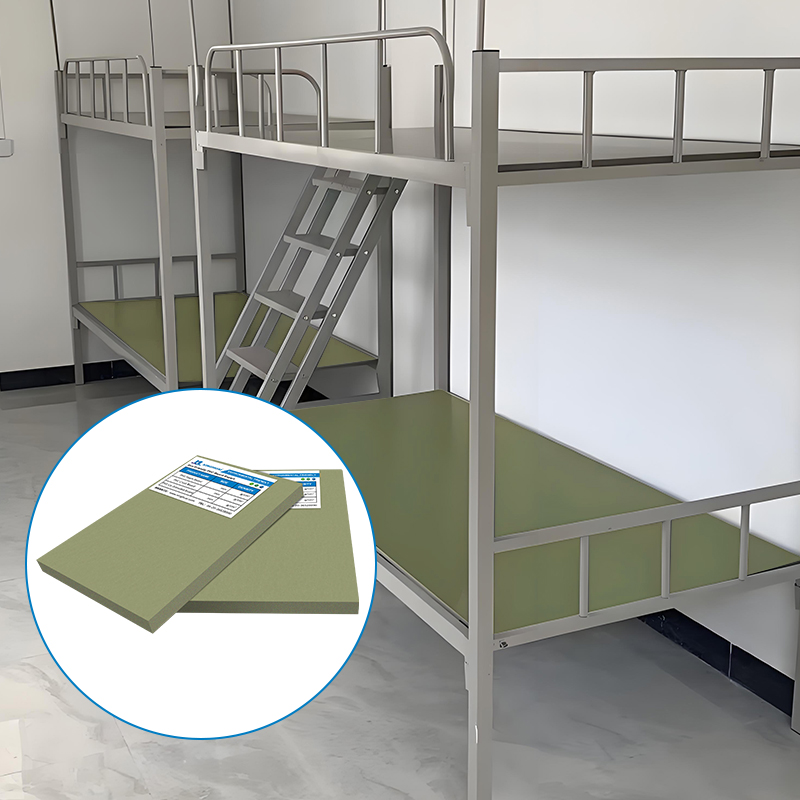Can PVC Board Resist Oxidation?
PVC boards, including varieties like coloured PVC foam board, PVC crust foam board, foam board PVC, white PVC foam board, and PVC Celuka foam sheet, are known for their durability and resistance to various environmental factors. However, when it comes to oxidation, PVC boards show a certain level of resistance, but this depends on several factors.
PVC (Polyvinyl Chloride) is a synthetic plastic polymer, and while it does not oxidize in the same way metals do, it can degrade over time due to exposure to UV light and oxygen. In the case of coloured PVC foam boards and other PVC foam products, the surface may undergo discoloration or chalking, a process where the outer layer breaks down and loses its luster, but the material itself remains intact.
To enhance the lifespan and resistance to oxidation, many PVC boards are treated with UV stabilizers, which help to slow down the effects of sun exposure. Therefore, while PVC boards are not entirely immune to oxidation, with proper treatment and maintenance, their performance can be preserved for many years.
In summary, PVC boards, including white PVC foam board and PVC Celuka foam sheet, can resist oxidation to some extent, but protection from prolonged UV exposure is recommended for optimal longevity.




